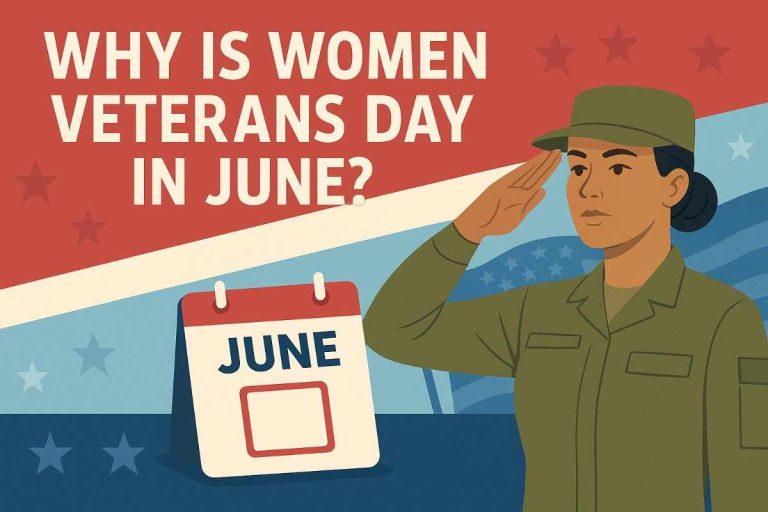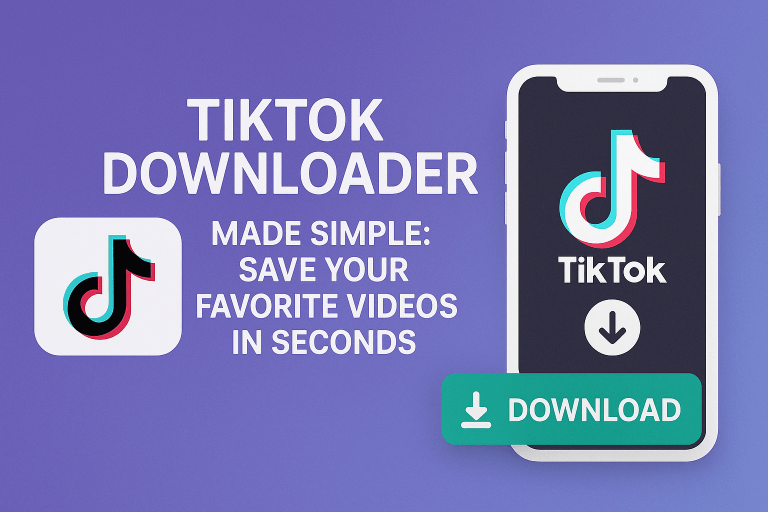How AI Can Improve Your Poker Skills
The Software That Changes Everything
AI poker tools analyze millions of hands in seconds. Players who couldn’t calculate pot odds six months ago now discuss range balancing and solver outputs. The technology behind these platforms uses deep reinforcement learning and opponent modeling algorithms to create scenarios that match real game situations.
GTO Wizard leads the market with its pre-solved database covering millions of game situations. The platform supports cash games, tournaments, and heads-up formats. Pricing starts at free for one daily solve, then $39 monthly for the Starter plan. Premium tiers cost between $69 and $99 per month and include ICM modeling and advanced analysis features.
PokerSnowie takes a different approach. Neural networks power its GTO-trained AI opponent that plays against you in real time. Annual subscriptions range from $99 to $229, with a 10-day free trial available. The software analyzes up to 120,000 hands monthly and teaches balanced play through direct interaction.
Speed Matters More Than You Think
Computation time determines how much you can study. PioSOLVER 2025 calculates late street scenarios in seconds. GTO+ lets users modify incentive parameters and see results immediately. These speeds weren’t possible two years ago.
Market data shows AI-based pre-flop tool adoption grew nearly 50% last year. New players who struggled against regulars now compete effectively after months of solver study. The skills gap shrinks when everyone has access to optimal solutions.
When AI Training Meets Real-World Practice
Many players train with AI for hours but struggle to apply those lessons at actual tables. The disconnect happens because real games involve unpredictable human behavior that solvers can’t fully capture. Some players spend evenings playing poker with friends who make wild bluffs, while others face tight regulars at casinos who rarely deviate from standard lines.
AI excels at teaching mathematical foundations, but adapting those concepts requires practice against varied opponents. Players who combine solver study with live sessions report faster improvement than those who rely on theory alone. The key is treating AI recommendations as a baseline, then adjusting based on what opponents actually do at the table.
Your Personal Coach Never Sleeps
Machine learning models track betting patterns, frequencies, and timing tells. These platforms spot leaks in your game and suggest fixes. The software generates custom decision trees based on your mistakes. Some programs offer real-time hints during play through overlays.
Books can’t adapt to your errors. Video courses remain static. Live coaching costs hundreds per hour and depends on one person’s interpretation. AI provides mathematically optimal feedback instantly. Players report finding weaknesses they missed for months after a few hours with modern trainers.
Tailored Learning Beats Generic Advice
Players select their preferred variant like Texas Hold’em or Omaha. The software targets specific weaknesses and creates custom lesson tracks. Surveys from training forums report consistent AI study correlates with 10 to 30 percent win rate increases among regular users.
The personalization extends beyond hand selection. Difficulty adjusts to your progress. Error correction happens immediately. This feedback loop accelerates improvement compared to trial-and-error learning.
Security Through Technology
Anti-cheating systems analyze thousands of data points per session. Betting cadence, reaction times, and multi-street action tracking help detect collusion and bots. Machine learning algorithms balance tables by skill level. VR and AR integrations combine statistical coaching with realistic practice environments.
These security measures protect games at all stakes. Players trust online platforms more when sophisticated detection runs constantly. Fair games attract more participants, which creates better table selection for everyone.
The New Standard
Amateur players reach semi-professional levels faster than before. GTO-based play dominates lower stakes games. The overall skill level rises each month. Psychological resilience and adaptability matter more as opponents arrive better prepared.
Some worry about games becoming too theoretical. Others see opportunity in exploiting players who follow solver advice blindly. The challenge shifts from learning basic strategy to outsmarting both AI-trained opponents and the algorithms themselves.
Industry consensus from PokerTube, PokerDiscover, PokerAtI, and StLArgusNews confirms AI drives modern poker development. Every player can access personalized coaching on demand. Measurable improvement happens faster than traditional methods allowed. The tools exist. Results depend on how you use them.







